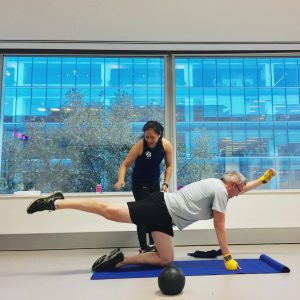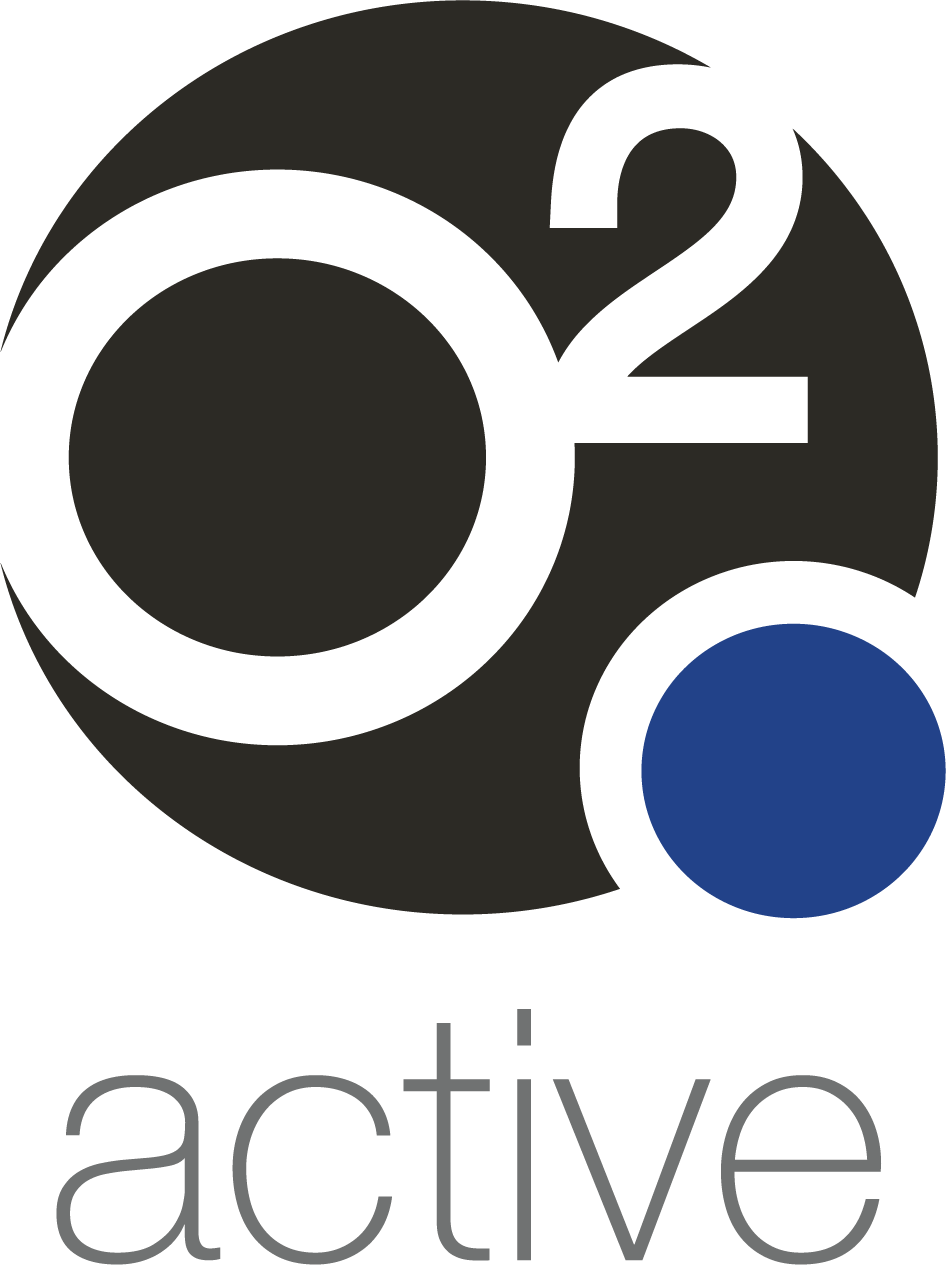
Article by Jessica Darmago, AEP
How often do you find yourself ‘too busy and tired’ to exercise? A lack of time and energy are the main reasons people fail to adhere to an exercise program.
But you may want to rethink your excuses!
Research has shown that exercise can make us moreproductive. This means being more efficient at home and at work which enables us to better tackle our tasks!
How does exercise improve work productivity?
Exercise keeps your mind sharp
Not only does exercise keep the body fit, but also your mind! Exercise improves cognition; a study showed that even as little as 20 minutes of exercise can facilitate memory function and processing (1). This means getting through tasks, projects and meetings with more efficiency.
Exercise boosts alertness and energy levels
Exercise assists in keeping you alert and boosts energy levels. A study showed that 20 minutes of low intensity exercise can increase energy levels by 20% and decrease fatigue by 65% (2). This means you will be more alert, awake and productive at work so you can tackle your tasks and projects.
Exercise improves mood and mental health
Stress is all too common in the workplace. With constant deadlines, meetings and projects, the pressure of work can affect our health. Exercise releases beta-endorphins, our ‘feel good chemicals’, promoting mood elevation and decreasing stress, reducing the symptoms of depression and improving mood (3). This contributes to an improved workplace moral, and having a clear mind allows you to better focus on your tasks.
Exercise improves physical health and immunity
Exercise improves cardiovascular fitness and muscular strength, helping us meet physical demands of the job and reducing our risk of injury. Regular exercise also reduces the risk of illness and disease (4), which means fewer days taken off work due to sickness allowing you to work and stay productive.
How can I fit in exercise?
There are many small changes you can make during the work day to get moving.
- Take the stairs instead of the elevator.
- Park further away from the office.
- Take ‘active breaks’ by going for a quick walk around the office to break up the time seated at the desk.
- Try standing or walking meetings. This is a time efficient way you can stay active whilst working.
- Join an exercise class during your lunch break. At O2 Active we offer Pilates, Yoga and Fitness classes for a fun way to keep you healthy and active! Learn more about our corporate services here.
References:
- Tomporowski, P. D. (2003). Effects of acute bouts of exercise on cognition. Acta psychologica, 112(3), 297-324.
- University of Georgia. “Low-intensity Exercise Reduces Fatigue Symptoms By 65 Percent, Study Finds.” ScienceDaily. ScienceDaily, 2 March 2008.
- Sarris, J., Kavanagh, D. J., & Newton, R. (2008). Depression and exercise. Journal of Complementary Medicine: CM, The, 7(3), 48.
- Simpson, R. J., Lowder, T. W., Spielmann, G., Bigley, A. B., LaVoy, E. C., & Kunz, H. (2012). Exercise and the aging immune system. Ageing research reviews, 11(3), 404-420.
